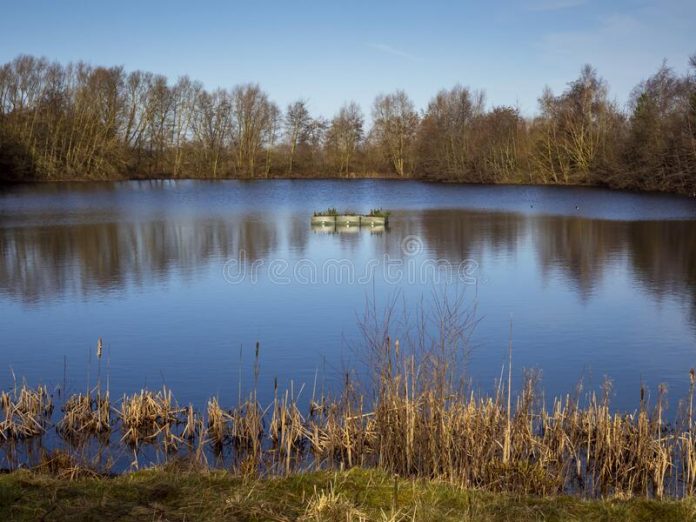The government should work with local leaders to put nature at the heart of its plans for economic recovery in the North, the leading think-tank for the North of England has said today.
In a new report published by IPPR North, experts have called for a “Plan for Nature in the North”, setting out how investment from government in restoring nature can be a stimulus for future prosperity.
They say that it should be developed by leaders in the region and be backed by a £50 billion investment from government over the next 25 years. The plan would aid the region’s post-Covid-19 recovery and build a cleaner, greener future North with the potential to create jobs, improve resilience and “level up” the economy and public health.
According to the report, projects to restore nature, including restoring peatland, planting trees, and creating new green spaces in urban areas, can bring significant economic, social and environmental, benefits. These include increased flood resilience, improved air quality, and lower net carbon emissions, as well as the mental and physical health benefits of increased access to nature.
The report shows that the size and the distinctive qualities of nature in the North of England means that a regional approach to investment is urgently needed.
researchers warn that for too long, leaders have failed to value Northern nature, leaving the region’s natural assets in a poor condition, and undermining its economic and human potential.
They also point to access to nature, an issue that had been catapulted to the fore during the ongoing lockdown, as a key consideration for policymakers. The report warns that those in deprived areas and BAME groups are significantly less likely to have regular access to nature. IPPR North have challenged Northern leaders and government to make it their priority to change this.
Report author and Research Fellow at IPPR North Jack Hunter said:
“Here in the North, we have some of the most incredible landscapes in the world. Nature has defined our history, and shaped our people and our places. Now, it could be the foundation of agreener, fairer and more prosperous North.
“But much of nature in the North – from our peatlands to our parks – is in a very poor state. As recent flooding and moorland fires have shown, the wellbeing of our natural environment underpins people’s health and wellbeing, and the strength of our economy. Now, in the face of a climate emergency, we risk fargraver consequences for us all without urgent and ambitious action.
“We need a determined, pan-regional effort, led by the North’s leaders and backed by government, to invest in nature – as a cornerstone of a successful economy and a healthy population. And that effort must begin today”.
Sarah Longlands, Director of IPPRNorth said:
“The impact of the lockdown during the Covid-19 crisis has been a timely reminder of just how much we value nature in the North. Not only for its contribution to health and wellbeing but its economic value for tourism, recreation, and the visitor economy.
“Up until this point, the existence of nature has been largely taken for granted in the debate on the northern powerhouse and levelling up. We’ve assumed that air pollution, congestion, loss of habitats and flooding are just inevitable consequences of economic growth.
“As the lockdown eases, we must re-evaluate our approach and build on the North’s natural strengths to help support new jobs and investment in a lower carbon economy and in doing so, held to champion the North’s economic renewal and recovery”.
Mayor of Greatee Manchester Andy Burnham said: “I welcome the report’s proposals to put the natural environment at the heart of Building Back Better from COVID-19. In Greater Manchester, we have laid strong foundations to do this and realise the benefits that our green space brings, particularly for citizens’ physical and mental health.
“This is even more important now given the impacts of the current crisis on our lives. The opportunity to invest in a greener future – creating jobs and a better environment for nature at the same time – is one that government cannot afford to miss.”







